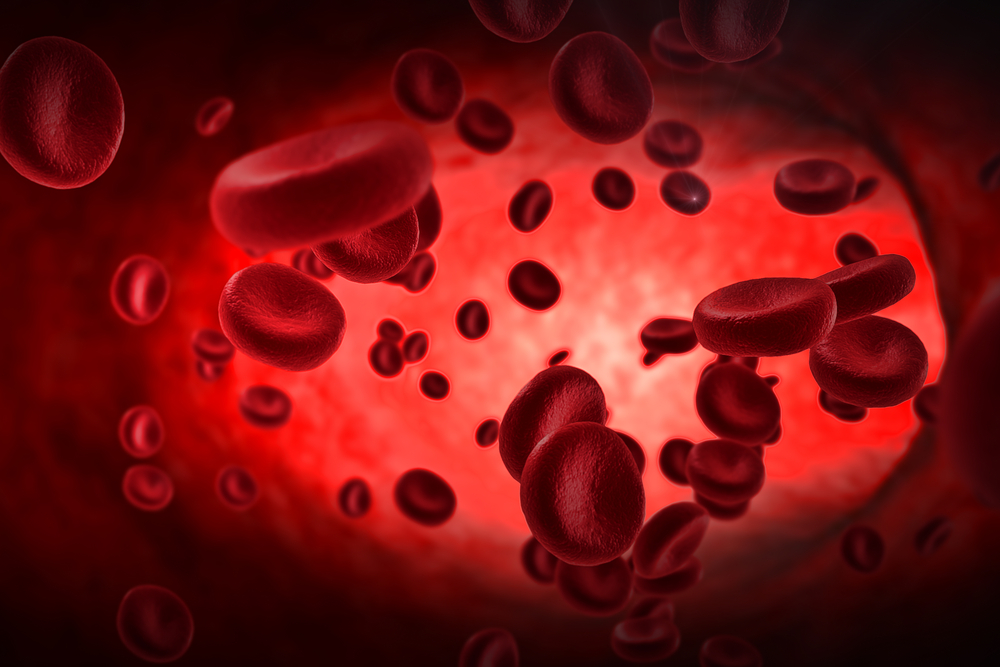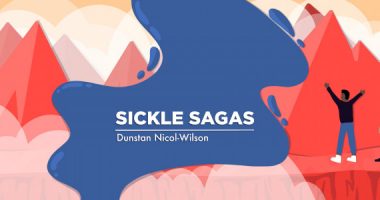NFL Broadcaster Huddles With Emmaus to ‘Sideline Sickle Cell’ Disease

In an effort to raise awareness about the latest in sickle cell disease therapy, Emmy award-winning National Football League (NFL) broadcaster Solomon Wilcots has partnered with biopharmaceutical company Emmaus Life Sciences to launch “Sideline Sickle Cell.”
The educational campaign targets the sickle cell disease (SCD) community — specifically physicians, patients and caregivers — and coincides with National Minority Health Month (NMHM). Observed each April to call attention to health disparities among ethnic populations, the NMHM’s theme this year is “Active & Healthy.”
“Sideline Sickle Cell” will include a Wilcots-led media tour and a host of activities and town hall-type meetings in a growing list of cities, including Los Angeles, New York, Atlanta, and Miami. Interested persons may follow the campaign @EmmausLife-Sci on Twitter, and sign up here for updates, including meeting locations. Wilcots is encouraging patients and advocates to share stories using the hashtags #SidelineSickleCell and #NMHM19.
An internationally known NFL broadcast analyst who now works with SiriusXM and Sky Sports, Wilcots played six seasons in the league. In 1989, he played for the Cincinnati Bengals in Super Bowl XXIII. He has witnessed the effect of SCD on friends, family and teammates.
”Sickle cell is a devastating disease that has left an indelible mark on the African-American community,” he said in a press release. “I’ve seen family members and friends beset by pain and unable to live full lives. But there is hope because of innovative treatments. I want to use my voice to bring awareness to sickle cell disease and the therapies that can provide relief right now.”
Emmaus is the developer of Endari (L-glutamine oral powder, called Xyndari in Europe). In the U.S., Endari was approved in 2017 as a treatment for SCD in patients 5 and older. The first approved sickle cell treatment in some 20 years, it is used to lower acute disease complications. Earlier this year, the company unveiled a co-payment assistance program for SCD Endari patients.
”There has been great progress in the development of new therapies for sickle cell disease,” said Yutaka Niihara, MD, CEO and founder of Emmaus.
“We have developed a prescription drug for sickle cell disease — Endari. However, the availability and pipeline of treatments like ours are not always known by patients in need. The mission of this campaign is to raise awareness of both current and potential future therapies.”
The disease occurs in approximately one in every 365 African American births, and one in every 16,300 Hispanic American births. About one in 13 African American babies is born with the trait.
Because of their sickle shape, red blood cells of SCD patients block small blood vessels, leading to inflammation and pain, and impairment of bones, muscles and joints.






